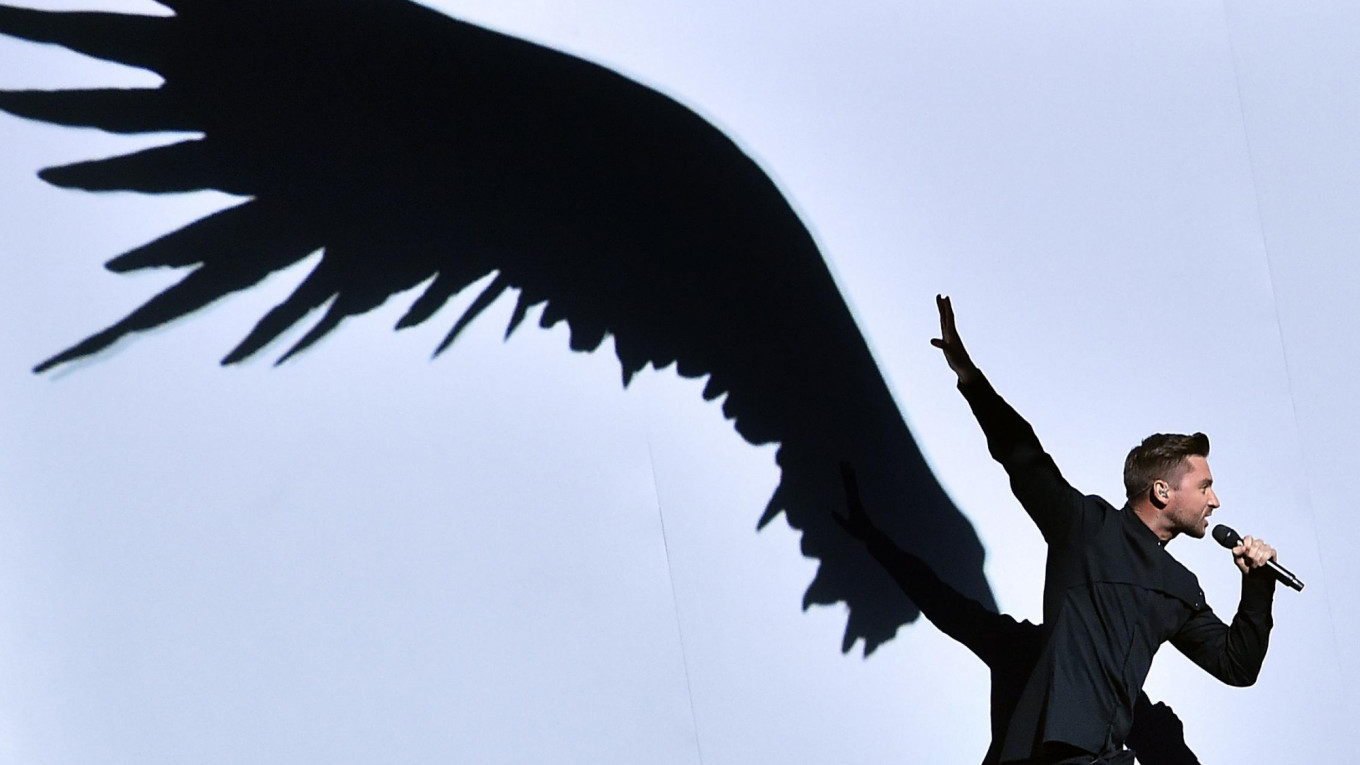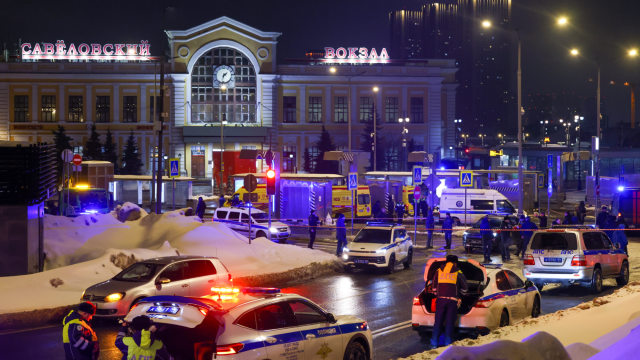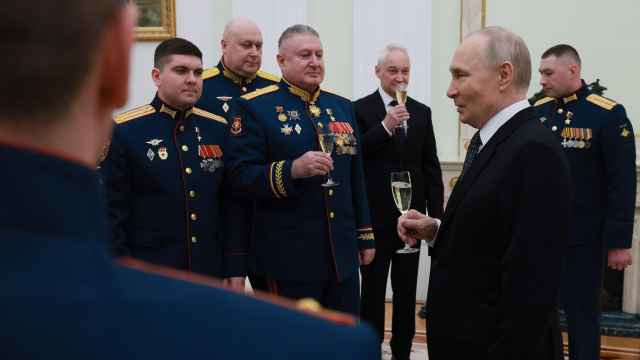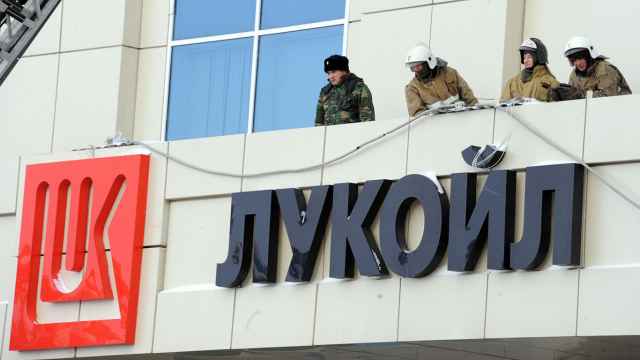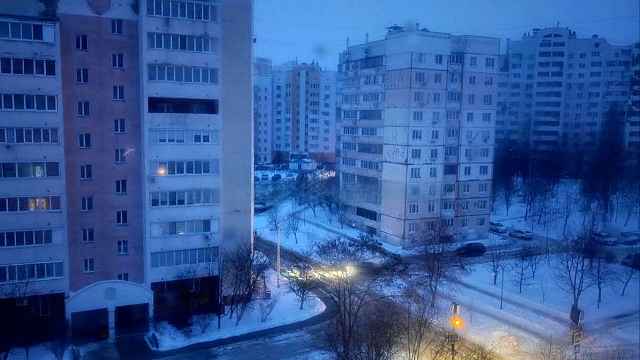The Kremlin was forced to comment on whether Russia will take part in this year's Eurovision Song Contest in Kiev after calls for a boycott mount in Moscow.
Putin's spokesman Dmitry Peskov said the Kremlin does not have a position on the issue. “It's not yet clear whether a boycott is needed or not,” he said. He added that Moscow has security concerns “due to the location” of Europe's popular song contest this year.
Peskov was responding to United Russia Deputy Vitaliy Milonov’s appeal to Konstantin Ernst, the head of Russian state television's Channel One. Ernst is leading a commission to choose who will represent the country in the 2017 song contest.
Milonov urged Ernst not to send anyone to Ukraine and not to transmit the competition on Russian television because of what he called an “anti-Russian and Russophobic” leadership in Ukraine.
“It's impossible to imagine Soviet citizens in 1943 going to a Reichovision,” he said.
Milonov was backed by veteran Soviet and Russian singer Iosif Kobzon, who sits on the Duma's Culture Committee. The 79 year-old said that Russia taking part in this year's show would be a “completely stupid decision.”
Last week, Russia's most famous pop diva Filip Kirkorov, who took part in Eurovision in 2014, said “we should not go where they are not waiting for us.”
To make matters worse for Russia's ultra-patriots, the competition's semi-finals will take place on May 9, the day Russia celebrates its World War Two victory. This has hit more nerves. One Russian parliamentarian, Oleg Nilov, said the date was chosen intentionally to antagonize Russia. “European bureaucrats and the Ukrainian leadership took the decision together to allow the show to start on such a holy day,” he said.
Russian tabloid Komsomolskaya Pravda suggested it would not be worth boycotting the competition, like Armenia did in 2012 when Baku hosted the contest.
“If we slam the door on them, we would still have to transmit the show on television since we are part of the European Broadcasting Union,” the newspaper said. If Russia refuses to broadcast the show, it could be fined and may even be banned from the next Eurovision contest in 2018.
For a pop loving nation, that may be a price too high.
A Message from The Moscow Times:
Dear readers,
We are facing unprecedented challenges. Russia's Prosecutor General's Office has designated The Moscow Times as an "undesirable" organization, criminalizing our work and putting our staff at risk of prosecution. This follows our earlier unjust labeling as a "foreign agent."
These actions are direct attempts to silence independent journalism in Russia. The authorities claim our work "discredits the decisions of the Russian leadership." We see things differently: we strive to provide accurate, unbiased reporting on Russia.
We, the journalists of The Moscow Times, refuse to be silenced. But to continue our work, we need your help.
Your support, no matter how small, makes a world of difference. If you can, please support us monthly starting from just $2. It's quick to set up, and every contribution makes a significant impact.
By supporting The Moscow Times, you're defending open, independent journalism in the face of repression. Thank you for standing with us.
Remind me later.


